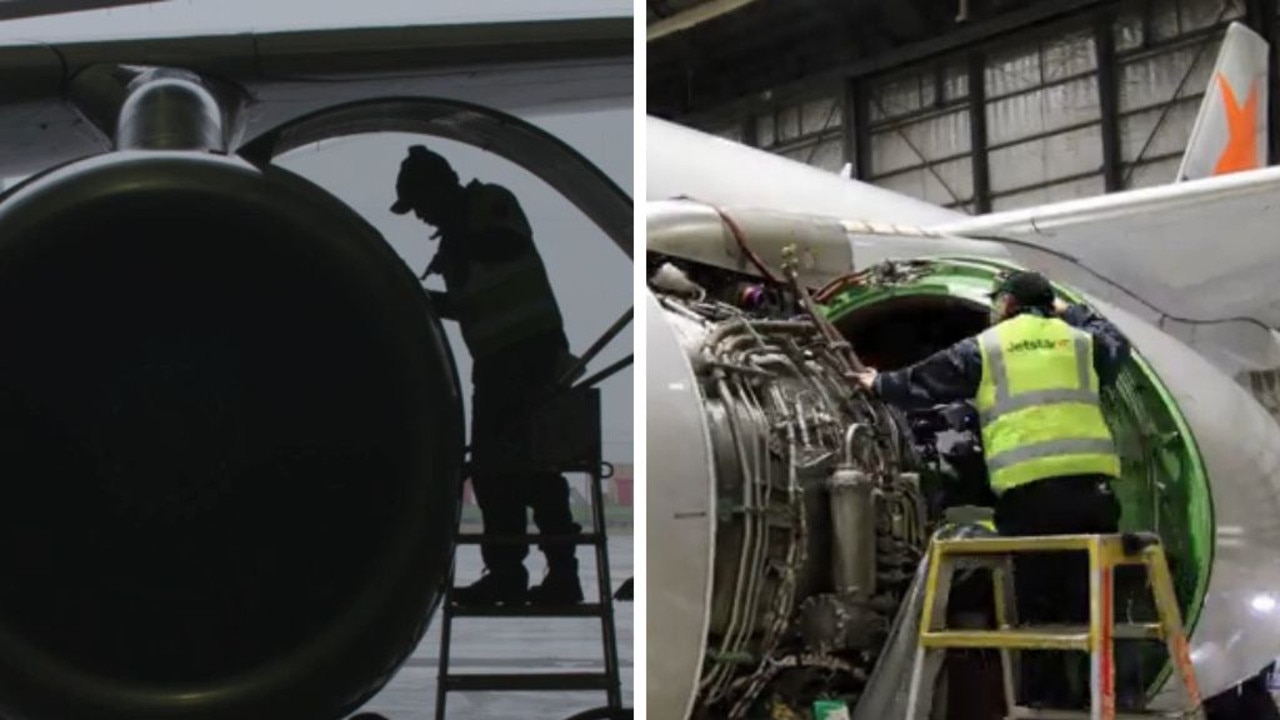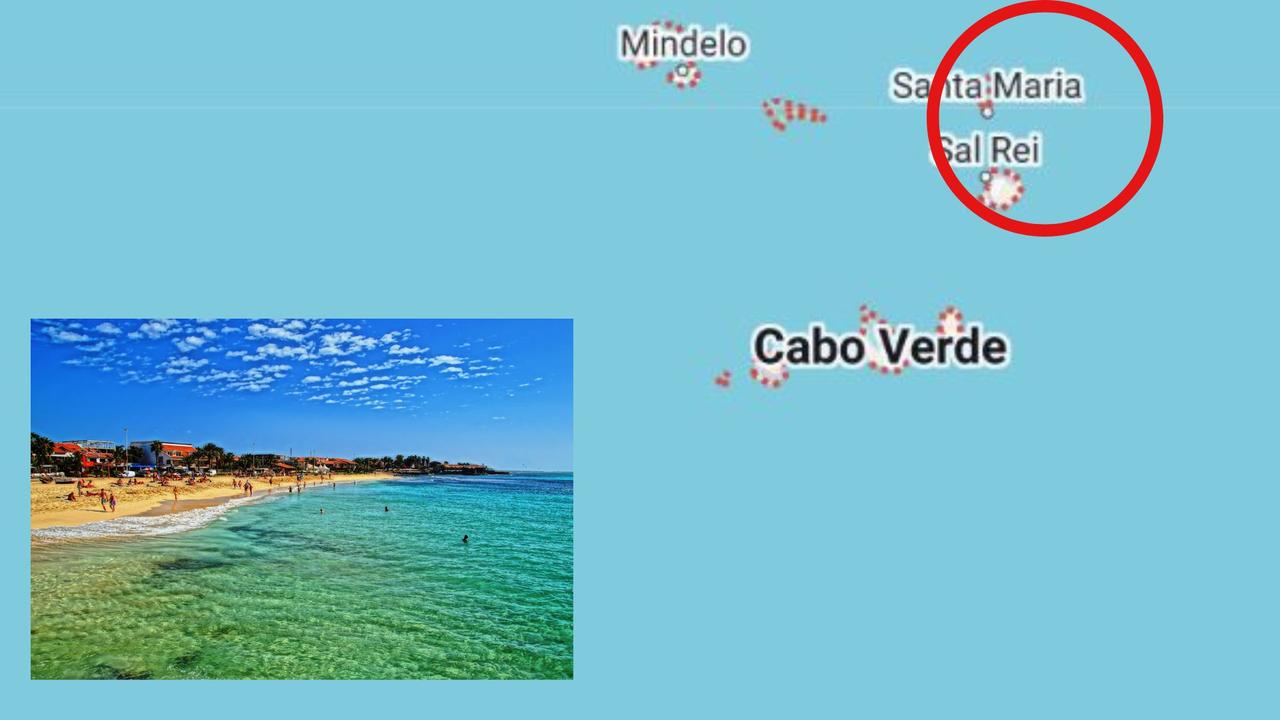Qld could scrap plans to reopen NSW border after new coronavirus cases
Queensland’s target of reopening to NSW on November 1 has been plunged into serious doubt after a flare up of new coronavirus cases.
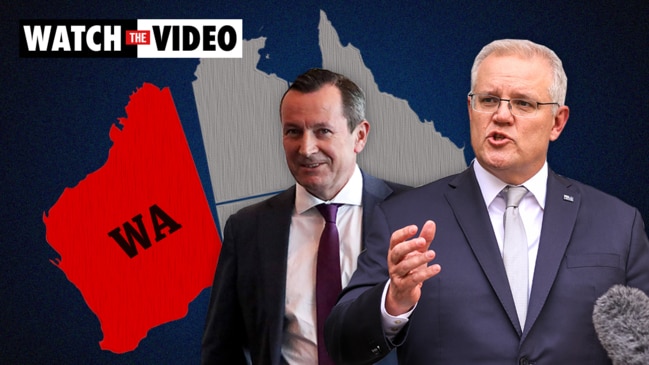
Queensland is expected to scrap a timeline for reopening its border with New South Wales after a flare up in new cases of coronavirus.
Earlier today, Queensland Premier Annastacia Palaszczuk reiterated that her state will not open up to NSW unless her southern neighbours can go 28 days without a community transmission case.
This morning, that clock was reset when NSW recorded three new cases of COVID-19 – all instances of community transmission.
When questioned on ABC Breakfast, Ms Palaszczuk said she would not budge on the target.
“The 28 days is nothing new,” she said on Wednesday.
“This was actually the advice that, my understanding is, that the Australian Health Protection Principal Committee (AHPPC) had given the Federal Government. And it was not followed through by National Cabinet. It never came to National Cabinet. So I’m not being inconsistent with what all of the health officers actually agreed on.”
After going 12 days with no local cases of coronavirus, NSW Premier Gladys Berejiklian confirmed the state had recorded three locally acquired cases.
They are not believed to be linked to each other.
The cases, two women and a man, all aged in their 50s, are spread across Parramatta, Camden and Wollondilly.
RELATED: NSW records 3 new cases of community transmission
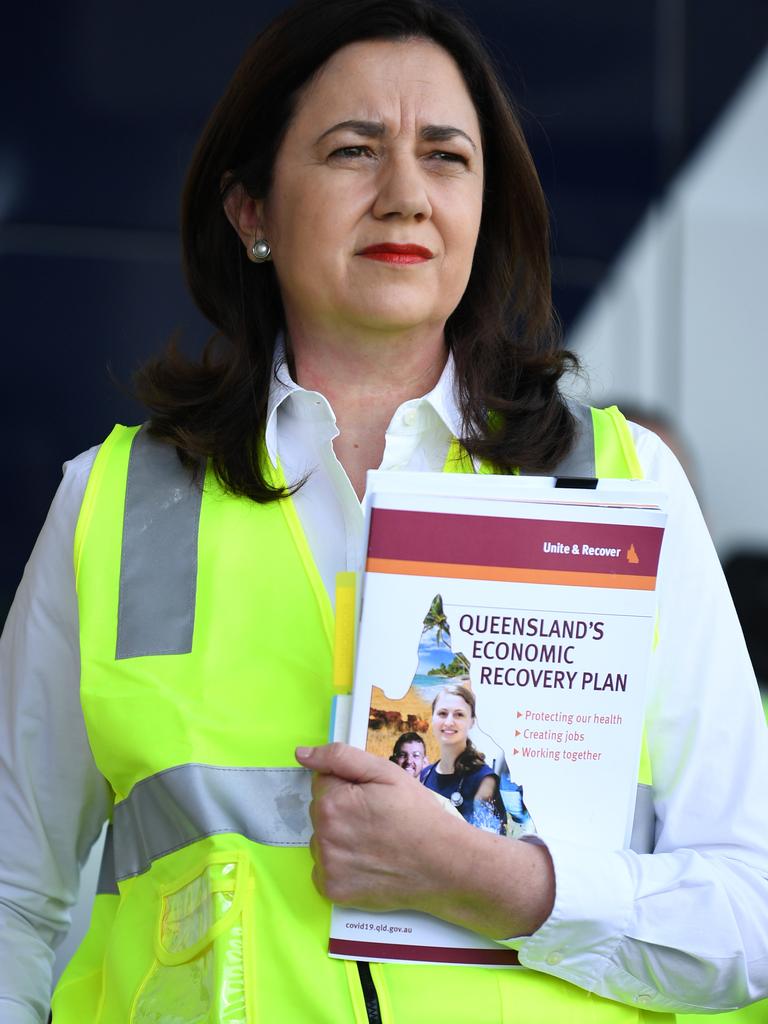
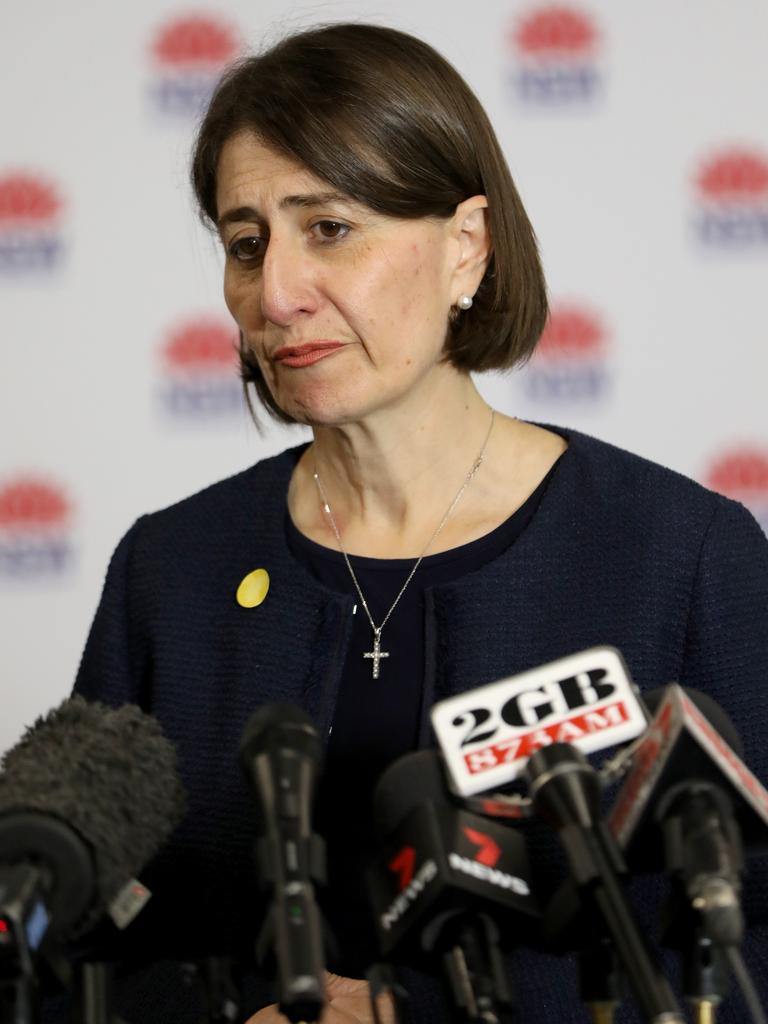
RELATED: Follow our live coronavirus updates
Premier Gladys Berejiklian said testing numbers across the state were too low, especially considering the new cases.
“Our suspicions the virus is always lurking in the community are founded – and we wouldn’t have said it if we didn’t mean it,” she said.
Following the new case number for NSW, Ms Palaszczuk took to Twitter to reiterate that her state “can’t risk a detour” on Queensland’s “road to recovery”.
Queensland’s on the road to recovery and we can’t risk a detour. pic.twitter.com/NPi5mpiwPI
— Annastacia Palaszczuk (@AnnastaciaMP) October 7, 2020
The Queensland Premier told Channel 7’s Sunrise on Wednesday that while the “tough” border closure with NSW had been “hard on businesses”, she would not be altering her state’s 28 day target.
“I did have to make some strong decisions about those borders and they were tough, they were tough on a lot of people,” she told Sam Armytage.
“If that [28 day target] happens, then the Chief Health Officer will review and take into account not just community transmission, but testing rates and sewage testing as well.”
“That would mean that NSW could be open in November.
“I look forward to the day when there is no community transmission across Australia and everyone can open and move freely once again.”
Ms Palaszczuk released her state’s recovery plan last Friday morning, outlining further restrictions to be eased in three phases.
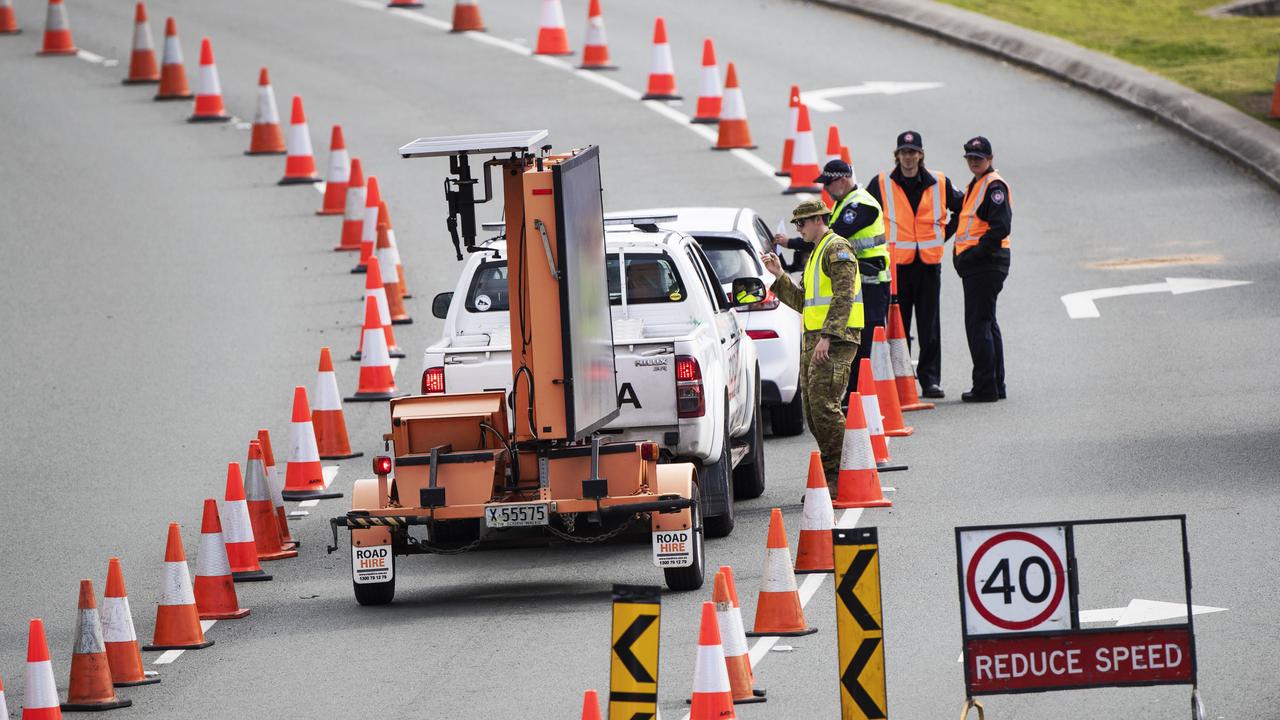
The new roadmap aimed to give more certainty to the community and businesses through to the end of the year, which Ms Palaszczuk said was a credit to the hard work of Queenslanders.
Under the road map, stage 4 commenced at 1am on October 1, 2020, adding five extra local government areas included in the declared border zone across northern NSW.
Stage 5, however, was tipped to commence at 1am on November 1 with opening of the NSW border — allowing visitors and returned travellers to enter the state without having to complete mandatory quarantine — on the proviso of no community transmission cases in NSW for the preceding 28 days. That border plan has now been put in limbo.
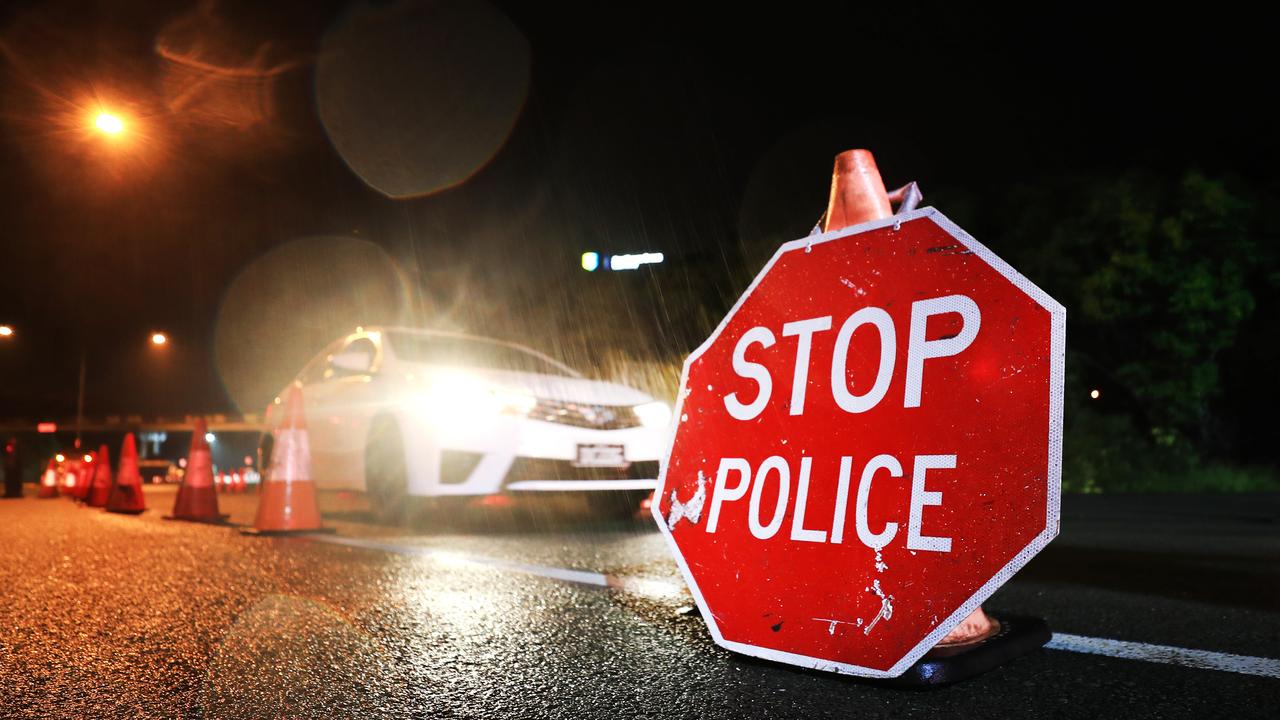
Last week, a leading epidemiologist from the University of NSW slammed Western Australia’s threshold for lifting the state’s hard border of 28 days without community transmission as “unreasonably stringent”.
Following the announcement by the state’s Chief Health Officer on the transmission target, Prof McLaws argued there are better targets to meet and that the 28-days is a difficult milestone to meet.
“I am a very cautious outbreak epidemiologist, and I think that the 28 days is beyond caution,” Prof McLaws told the ABC of the state’s border lifting target.
“It’s admirable, but it’s looking for total eradication, or close to [it]. And I don’t that think we can get to that.”
A more realistic target, Prof McLaws advised, could be a two-week rolling average in all jurisdictions of fewer than five cases.
News.com.au has contacted the Palaszczuk government for comment.
More to come


